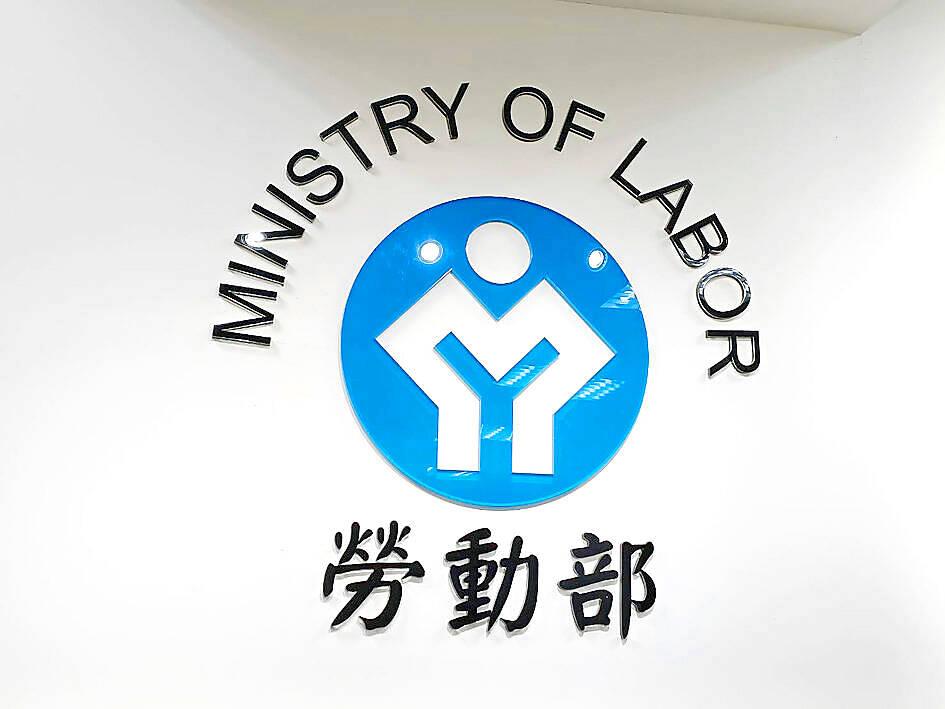Taiwan’s Ministry of Labour has recently published its annual migrant labour survey, revealing critical insights into the earnings, working hours, and challenges faced by migrant workers across various sectors. Conducted in July and August of last year, the survey gathered responses from 8,554 participants, including 4,538 businesses and 4,016 household employers. The survey provides an overview of the changing dynamics of migrant labour in Taiwan, focusing on sectors like construction, industry, and domestic care.
How Much Do Migrant Workers Earn in Taiwan’s Construction and Industrial Sectors?
Migrant workers in Taiwan’s construction and industrial sectors earned an average monthly salary of NT$33,000 in 2024. This figure represents a NT$2,000 increase from the previous year. Additionally, workers who remained in the same position for a full year received an average of NT$15,000 in bonuses, including holiday pay and performance incentives. The increase in wages highlights Taiwan’s ongoing efforts to improve the financial situation of migrant workers, many of whom play a crucial role in the country’s labour force.
The survey also noted that workers in these sectors experienced an increase in their days off, with an average of 11 days off in June 2024, a 1.9-day increase compared to the previous year. This suggests that there has been some improvement in workers’ work-life balance, although it remains a crucial area for further attention.
Migrant workers in Taiwan’s construction and industrial sectors also reported a reduction in average working hours, dropping by 13.3 hours from the previous year. The average monthly working hours now stand at 179.1 hours, with 152.2 hours categorized as regular hours and 26.9 hours as overtime. This decrease in working hours could indicate a growing emphasis on protecting workers’ rights and ensuring a healthier work environment.
What Challenges Do Employers and Workers Face?
While wages and working conditions have improved, there are still several challenges faced by employers and workers. According to the survey, 39.7 percent of employers reported issues, with the most common complaint being the language barrier. This was followed by communication issues, which were cited as a significant challenge in many workplaces. Other concerns included “poor attitude and discipline” and workers going missing, which were reported by more than 10 percent of employers.
These challenges highlight the need for more effective language training and communication strategies to ensure smoother integration of migrant workers into Taiwan’s workforce. Addressing these issues could lead to greater productivity and fewer misunderstandings between employers and workers.
How Much Do Domestic Care Workers Earn and What Are Their Work Conditions?
Domestic care workers in Taiwan earned an average of NT$24,000 per month, including regular pay and overtime. This marked a NT$1,000 increase compared to the previous year, although the increase may have been partly influenced by the fact that June 2024 had an extra Sunday compared to the previous June. Despite this increase, the wages remain relatively low compared to the industrial and construction sectors.
Domestic care workers typically worked an average of 10.3 hours daily. A significant 57 percent of these workers received days off, though 36.4 percent had only one day off per month, and 13 percent had two to three days off. This indicates that many domestic care workers still face long working hours, which can lead to burnout and stress.
For households employing domestic care workers, 89 percent reported having alternative care plans for when the caregiver was off. Of these, 45 percent expressed interest in applying for subsidies to cover the cost of alternative care. This suggests that there is a growing awareness of the need to support caregivers in their time off, which could improve their overall well-being and job satisfaction.
What Are the Main Issues for Domestic Care Workers?
The survey revealed that the primary reason for caregivers not having their contracts renewed was the “economic burden” on the employer, followed by scheduling conflicts. Additionally, domestic care workers faced similar challenges to those in other sectors, such as language barriers, excessive phone use, communication issues, and concerns regarding poor attitude and discipline.
These findings underscore the need for more comprehensive support systems for domestic care workers, including financial assistance for employers and better working conditions to ensure a sustainable workforce.
Tips for Employers and Workers
The 2024 migrant labour survey in Taiwan shows some positive changes in wages and working conditions, but there are still areas requiring improvement. Employers and workers alike can benefit from focusing on the following:
- Improve Language Skills: Employers should consider providing language training to reduce communication barriers.
- Enhance Work-Life Balance: Offering more days off and reducing working hours can contribute to better mental and physical well-being.
- Support Domestic Care Workers: Implementing better alternative care plans and providing financial assistance can help retain workers in this sector.
- Address Workplace Discipline: Fostering better attitudes and discipline through training can create a more harmonious work environment.
These steps can help ensure that migrant workers continue to thrive in Taiwan while benefiting from fair treatment and improved working conditions.

